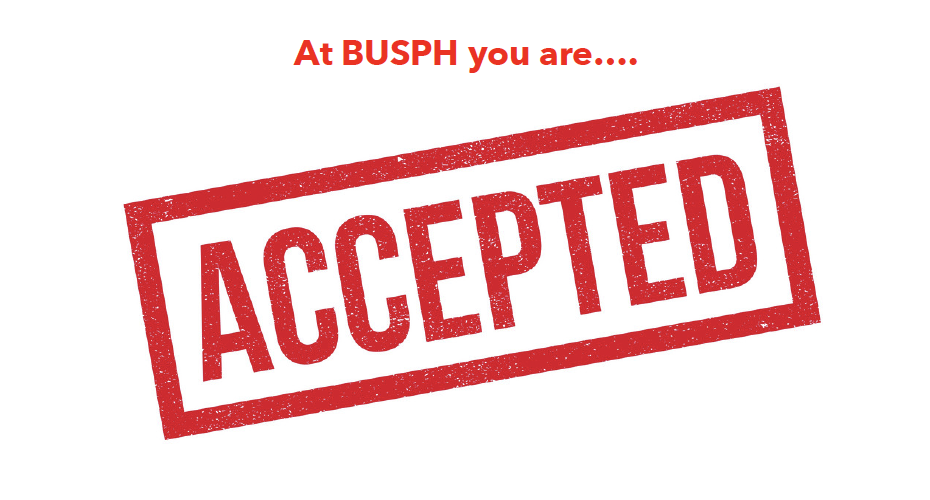Reflections on Rejections: Essays from the SPH Community on Setbacks in Academia.

Reflections on Rejections: Essays from the SPH Community on Setbacks in Academia
Sarah Lipson, Veronika Wirtz, and PhD student Molly Hoffman curated a collection of essays written by SPH faculty, staff, and students to destigmatize imperfection and recast the experience of rejection as a normal part of navigating an academic career.
“Though arguably a universal experience, rejection is also deeply personal,” says Sarah Lipson, an associate professor in the Department of Health Law, Policy and Management (HLPM), who says she was humbled when faculty, staff, and students from across the School chose to participate in her recent initiative Reflections on Rejections, a compilation of personal essays reflecting on setbacks experienced in academia.
The first edition of the compilation, shared below publicly for the first time, contains 27 essays from contributors at a variety of different stages in their careers. As Lipson recounts in her introduction, their essays are equal parts “vulnerable,” “courageous,” “insightful,” and “humorous,” revealing setbacks ranging from unfunded grants and rejected journal submissions to a mistaken program acceptance and an unfinished doctoral degree. Dean Sandro Galea even participated, musing in his essay that he must have received about 1,000 rejections of his writing over the years.
As a principal investigator at the Healthy Minds Network, Lipson has studied mental health in higher education extensively and is acutely aware of the need to support the mental and emotional wellbeing of students, particularly those from marginalized communities, during what can be a uniquely stressful period of life. She hopes that sharing these stories sparks conversation in classrooms about just how common rejection is and in doing so, provides a reality check on the endless carousel of successes and accomplishments portrayed on social media.
“To all of our students, the hope is that reading this will remind you that you deserve to be here,” writes Lipson in the introduction to the compilation. “Experiencing rejection does not mean you are not talented or capable. A rejection can feel devastating, but as described in numerous pieces throughout, can lead to new directions and opportunities.”
Lipson suggested the Reflections on Rejections initiative during an HLPM department Diversity, Equity, Inclusion, and Justice Committee meeting in 2020, inspired by a similar project she took part in at Harvard University. In 2023, with the help of SPH’s Emerging Women Leaders (EWL) program, she extended the invitation to contribute to the entirety of the SPH community.
“Being more open about all aspects of our professional experiences will help to train the next generation of public health leaders. This is why Emerging Women Leaders stepped in to support [Lipson] to scale this project school-wide,” says Veronika Wirtz, professor of global health and EWL faculty lead, who, with the assistance of EWL student lead and PhD student Molly Hoffman, supported Lipson in collecting the essays. “Offering an environment at BUSPH where we can learn how to address setbacks and take advantages of redirections through rejections is more important than [producing] public health graduates who only learned how to celebrate their successes. Seeing rejections are a normal part of our career trajectory will lead to a more authentic and inclusive public health community.”
Lipson, Wirtz, and Hoffman intend to add to the compilation annually.


Comments & Discussion
Boston University moderates comments to facilitate an informed, substantive, civil conversation. Abusive, profane, self-promotional, misleading, incoherent or off-topic comments will be rejected. Moderators are staffed during regular business hours (EST) and can only accept comments written in English. Statistics or facts must include a citation or a link to the citation.